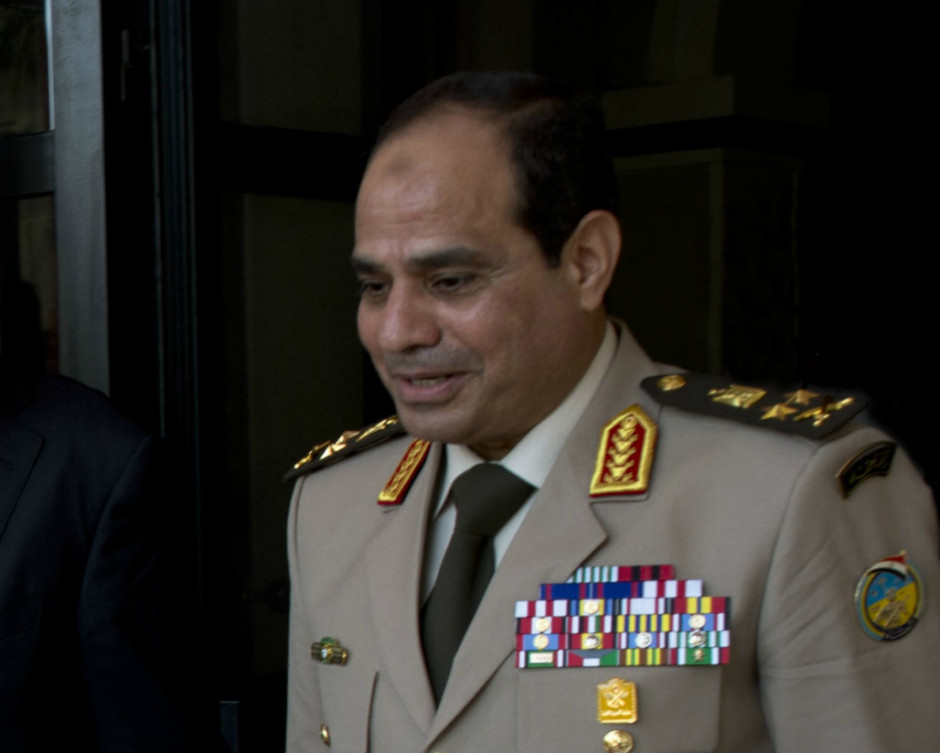On March 26, Field Marshal Abdul-Fattah el-Sisi, Egypt’s minister of defence and strongman, announced his resignation from the army and his decision to run for the presidency.
No one was surprised by the announcement. It had been widely expected.
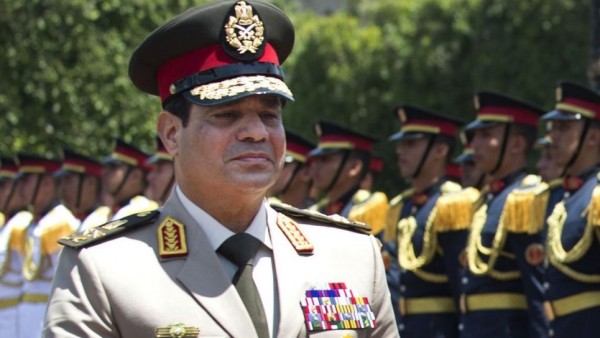
Sisi’s ascendancy in Egyptian politics has been nothing short of meteoric. Hosni Mubarak appointed him head of military intelligence before his ouster as president in February 2011. Mohammed Morsi, Egypt’s first democratically elected president and a leader of the Muslim Brotherhood, named him defence minister following the presidential election in June 2002.
Responding to a wave of popular dissatisfaction with Mori’s Islamic government, Sisi removed Morsi from office on July 3, 2013 and imprisoned him and his closest aides. Morsi’s enraged supporters mounted massive street protests throughout Egypt, prompting the security forces to fire on demonstrators, killing more than 1,000 within a few weeks, and to arrest thousands of Muslim Brotherhood members in an attempt to decapitate their organization.
In quick succession, the new military-backed government banned the Muslim Brotherhood, branding it a terrorist organization intent on destabilizing Egypt, and accused Morsi of conspiring with Iran, Hezbollah and Hamas to establish an Islamic emirate in the Sinai Peninsula.
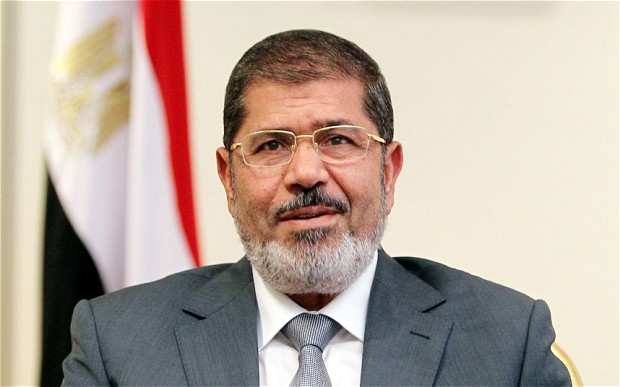
Morsi himself was put on trial, charged with two criminal counts: orchestrating a prison escape in 2011 after he and other Muslim Brothers had been detained by the Mubarak regime, and inciting supporters to kill protesters in front of the presidential palace in Cairo in December 2012.
A verdict has yet to be handed down, but Morsi faces the death penalty.
Sisi’s harsh crackdown on the Muslim Brotherhood, founded in 1928 and repressed by a succession of Egyptian governments, has triggered a violent backlash from Islamic militants, some of whom belong to extreme organizations affiliated with Al Qaeda.
Since the Muslim Brotherhood is officially opposed to violence, no one can be certain how many of its members have turned to violence in a bid to restore Morsi’s presidency.
Since last July, Islamists have killed hundreds of soldiers and police officers in numerous attacks, particularly in the Sinai, which has degenerated into lawlessness. Last September, they tried to assassinate the minister of interior. More recently, they killed a general and a colonel in a gun battle in the Nile delta.
Not since the 1990s has Egypt been convulsed by such terrorism.
Alongside these terrorist incidents, Islamists opposed to the army’s takeover have held daily demonstrations across Egypt, refusing to bow to Sisi’s fait accompli.
From the moment he deposed Morsi eight months ago, Sisi pledged to keep the armed forces out of politics and restore democracy. He reiterated that pledge on March 26, when he promised to work for “a modern and democratic Egypt.”
Sisi may well honor that promise superficially after he wins the forthcoming election and becomes Egypt’s sixth president since the 1952 revolution. But for all intents and purposes, he has brought back military rule, to which Egyptians are accustomed.
Mori’s predecessor, Mubarak, was an air force general. Mubarak succeeded Anwar Sadat, who was an army officer. And Sadat replaced Gamal Abdel Nasser, who was an army colonel.
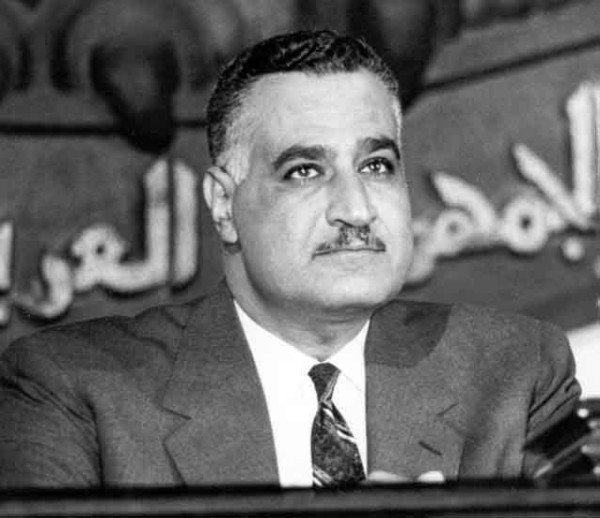
It`s true that Sisi has left the army and donned civilian clothing. But as president, he’ll represent the interests of the army, which has been the most important institution in Egypt for more than half a century.
Ahmed Shafik, a former general and prime minister and the runner-up in the last presidential election, is understandably cynical about Sisi`s commitment to democracy. “I know very well they will fix all the ballot boxes,” he said recently in a reference to the upcoming presidential election.”I have taken myself out of this loop because the election is going to be a farce.”
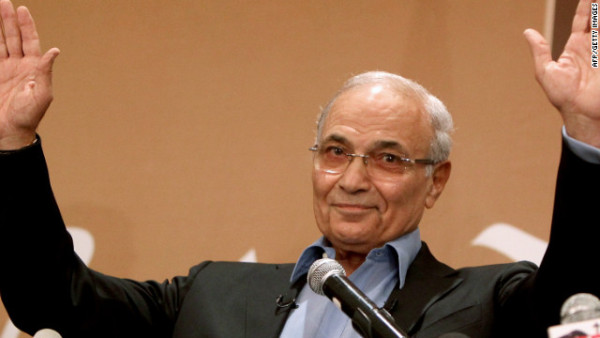
Nevertheless, many Egyptians regard Sisi as a latter-day Nasser, who presided over the affairs of the nation until his untimely death in 1970. Like Nasser, Sisi is seen as a leader who will bring stability and continuity to a country that has been torn by turmoil since the Arab Spring rebellion that toppled Mubarak in only a matter of three weeks.
Still other Egyptians perceive Sisi as a throwback to the past — a man who has rolled back the gains of the 2011 revolution and resurrected the era of autocracy.
Consider these recent developments.
In February, Ibrahim Mehlib, a member of Mubarak`s governing National Democratic Party, was appointed prime minister, in a telling sign of what may lie ahead.
Earlier this month, Ahmed Ezz –a steel tycoon who was closely associated with the Mubarak period — was released from jail after having been convicted of corruption, money laundering and anti-trust violations.
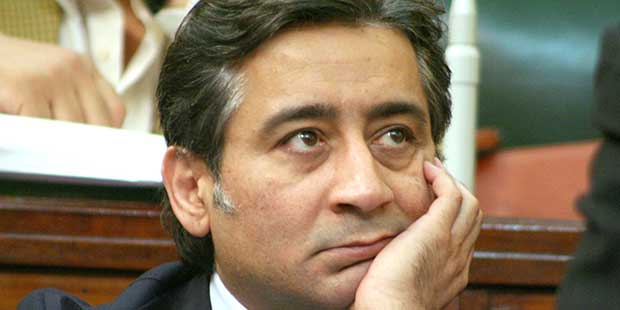
As a judge ordered Ezz`s release, three Egyptians who led the revolt against Mubarak were sentenced to three years in prison for their role in organizing unauthorized demonstrations against the military-backed government last December.
In the last few months, the government has launched a campaign against critics of all stripes, having detained about 60 journalists, as well as an undetermined number of academics, bloggers and filmmakers.
As Egypt`s probable next president, Sisi will doubtless hew to a hard line and clamp down on dissent and dissenters, thereby erasing the few tangible achievements of the 2011 revolution.
With Sisi’s ascent to the presidency, Egypt will revert to form and become what it was before Mubarak was deposed: an Arab authoritarian regime that squelches human rights and suppresses the people in the name of stability.
